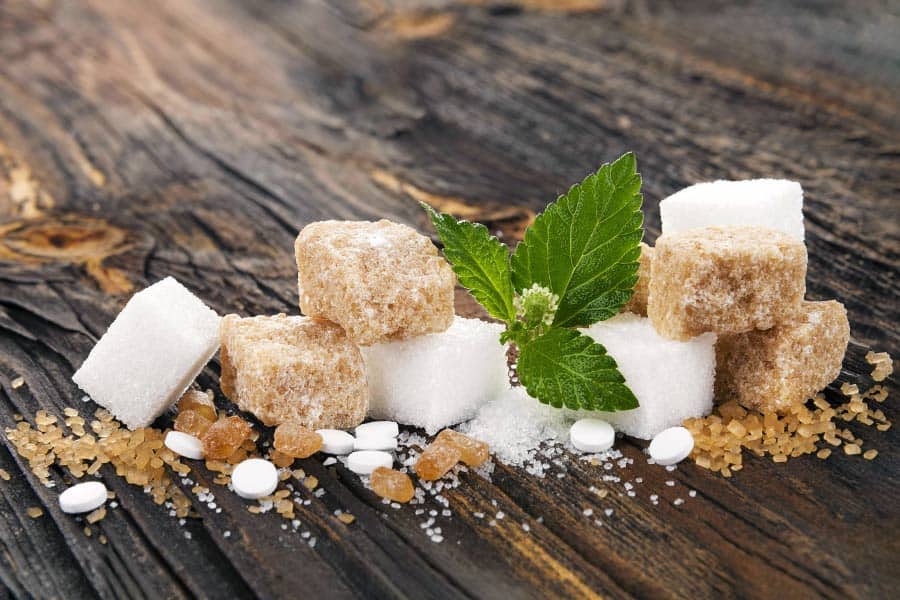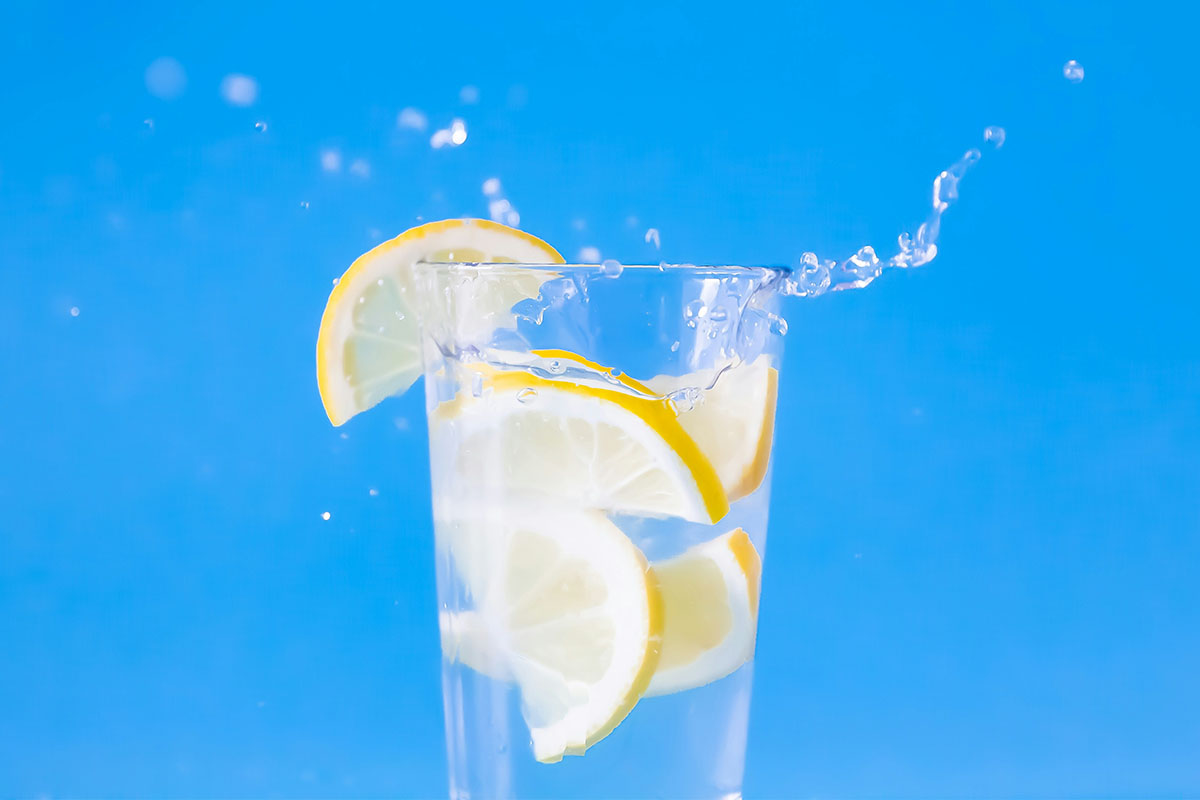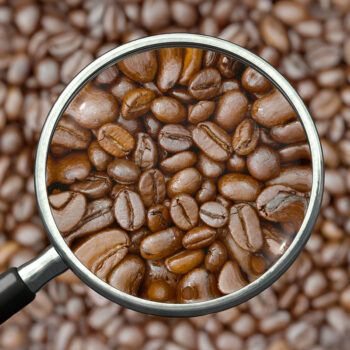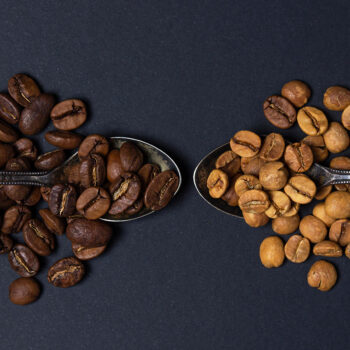When it comes to the average American diet, one topic that seems to be highlighted across the board is sugar consumption and its link to obesity trends. According to the Centers for Disease Control, obesity affects nearly 40% of American adults which has caused a spike in avoidable health conditions and medical treatments. Comparing the rise in obesity with the increased consumption of sugar over the last century, the connections are hard to unlink. Sugar is added to the most popular food items, and is a top ingredient in any processed food. With sugar feeling almost unavoidable in our modern food industry, many people have sought out alternatives to table sugar and corn fructose corn syrup, turning to artificial sweeteners.
What’s the Fuss about Artificial Sweeteners?
Many arguments have centered around whether or not artificial sweeteners can be considered a healthy alternative. While there is no modern reputable data to back up the claims, there has always been a concern that artificial sweeteners have cancer-carrying agents, causing alarm in consumers. The Food and Drug Administration (FDA) has established specific, while conservative, amounts of various artificial sweeteners that are safe for consumption. Conservative is the keyword here.
Benefits of Artificial Sweeteners
Because the average American consumes such a high amount of sugar, artificial sweeteners can play a major role in controlling weight gain and reducing heart disease. For instance, one teaspoon of white sugar contains 15 calories, and one can of soda has approximately 11 teaspoons of sugar. To gain perspective, the average American consumes around 45 gallons of soda a year. Choosing a soda with an artificial sweetener could mean a difference of over 80,000 calories a year! Remember that there are always better options to replace juices and sodas, for example in here at Mochas & Javas we sell natural smoothies in Frisco TX sweetened with stevia or agave syrup that you can always stop by and try at any time.
Artificial Sweetener Options
Not all artificial sweeteners are created equal, and the FDA has suggested moderation on many. In reality, moderation is always the best practice when it comes to any processed food or beverage. Many people are choosing in-home replacements such as honey, coconut oil, maple syrup, and fruit juices, but playing around with the right amount of the right kinds can be a learning process. Other novel sweeteners such as stevia and tagatose have been highly popular alternatives to table sugar.
Fat-Free ≠ Sugar-Free
One major misconception in trying to walk through the food label minefields is mistaking “fat-free” foods for sugar-free. More frequently, more sugar is added to balance the taste, which puts you right back to consuming the very substance you were trying to avoid in the first place.
Check your labels
As stated above, not all sweeteners are created equal, so it’s always important to know what you are putting in your body. Keep in mind that the ingredients label on purchased food is ordered from most present ingredients to least. So regardless of whether or not you are consuming sugar or a sweetener alternative, you will want to avoid products that list either as the most prominent ingredient. This already goes against the CDC’s advice for conservative levels and moderation.
Visit Your Local Coffee Shop in Frisco
By reading this article we can see that artificial sweeteners can be considered a fairly healthy alternative. The Food and Drug Administration (FDA) has specified the amounts that are safe for consumption for various artificial sweeteners. Artificial sweeteners can also be a healthier option instead of drinking sodas or artificial juices when you consume them in smoothies or coffee. Some food labels can be tricky, making it easy to mistake “fat-free” for “sugar-free,” so whenever you decide to have a drink whether at a restaurant or passing through your favorite Frisco coffee drive thru, be sure to ask an employee if the drink you’re considering buying has artificial sweeteners. If it doesn’t, you can always ask if there’s a way you can substitute sugar for artificial sweeteners such as stevia or agave syrup. If you would like to learn more about coffee, smoothies, or fun drinks & ways to prepare them, be sure to browse our site!

